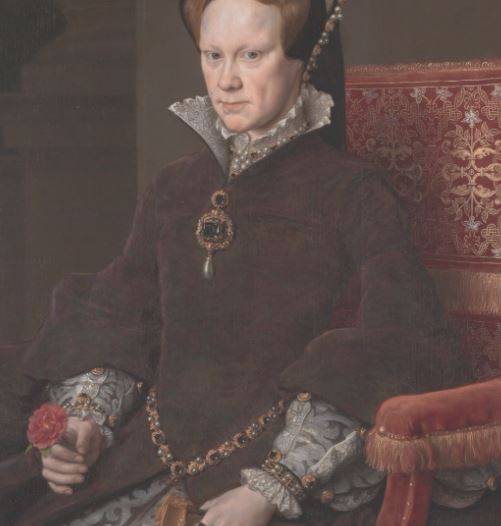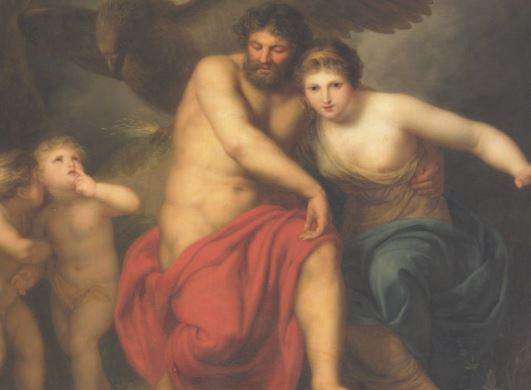John Dee was a paradox of a man, at once a scholarly figure with a background in classical literature, rhetoric, science, and mathematics. At the same time, he dabbled in religious apocrypha, magic, and divination. Dee straddled the worlds of science and magic with ease.
As a natural philosopher, John was a staunch supporter of mathematics, which resulted in the popularization of geometry as a field and an enhanced degree of respect for mathematics among the general public. Similarly, he was a well-known astronomer and navigation specialist, which led to his instructing and training many British sailors. Simultaneously, John immersed himself in the study of numerous occult disciplines, such as alchemy, magic, and Hermetic philosophy. His interest in such techniques, particularly communing with angels was so profound, he devoted the latter third of his life nearly entirely to them.
These activities, for Dee and many of his contemporaries, were not conflicting, but rather specific facets of a consistent and cohesive world-view they believed in. Learn more about this strange yet truly historical figure with these 50 John Dee Facts.
John Dee’s father had royal connections.
While he lacked a noble title of his own, Rowland Dee often attended the Court of King Henry VIII as a gentleman courier. In fact, the Dee family attended the coronation of Henry VIII’s father, Henry Tudor, as King Henry VII.
Dee had an impressive work ethic as a student.
He spent only 4 hours sleeping every night, and spent 18 hours every day studying. This allowed Dee to excel at all his subjects, in particular arithmetic, astronomy, geography, Greek, and Latin.
Dee once helped produce a play.
Specifically, “Peace,” written by the Ancient Greek playwright Aristophanes in anticipation of the end of the Peloponnesian War. Dee helped produce the play during his time at Trinity College, with the play’s props having Dee’s personal touch in their design.
In particular, he designed and built the beetle which the play’s main character uses to visit the gods with. The design and function of the beetle proved so realistic, the audience thought Dee must have used magic to make it so good. Some even claimed he had made a deal with the devil to make it work as it did. This gave Dee the beginning of his reputation as a magician.
Dee also once tried to build a perpetual motion machine.
Simply put, perpetual motion machines work constantly, without any need for external input to keep them working. Dee tried to build such a machine in cooperation with Italian polymath Gerolamo Cardano, who stayed in London in 1552. Despite their best effort, they never succeeded in actually building the perpetual motion machine, and eventually abandoned the project. Unsurprising, in hindsight, with scientists today unanimously agreeing it’s simply impossible for a perpetual motion machine to exist.
The authorities arrested Dee in 1555.
They charged him with calculation after he cast horoscopes for Queen Mary and then-Princess Elizabeth. As strange as it sounds, at the time, many people actually associated mathematics with magic. This led to his imprisonment for three months in suspicion of having used magic on the English royals. They later escalated the charge to treason against the queen, but ultimately, Dee managed to clear his name.
Dee once tried to gain favor with Queen Mary.
This took place in 1556, when Dee submitted a proposal to the Queen for a scheme to compile and preserve England’s literary legacy. It would have included not just books, but also manuscripts and records, and laid the foundation for founding a national library. Queen Mary declined the proposal, however, which led to Dee deciding to focus on expanding his personal collection of literary material.


